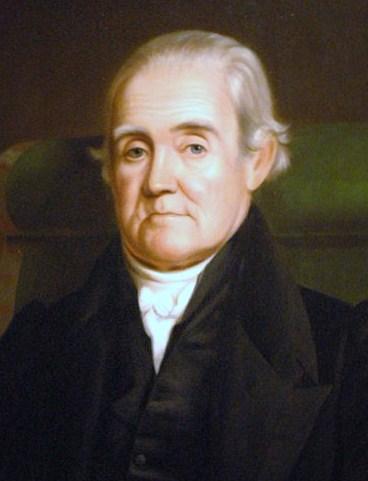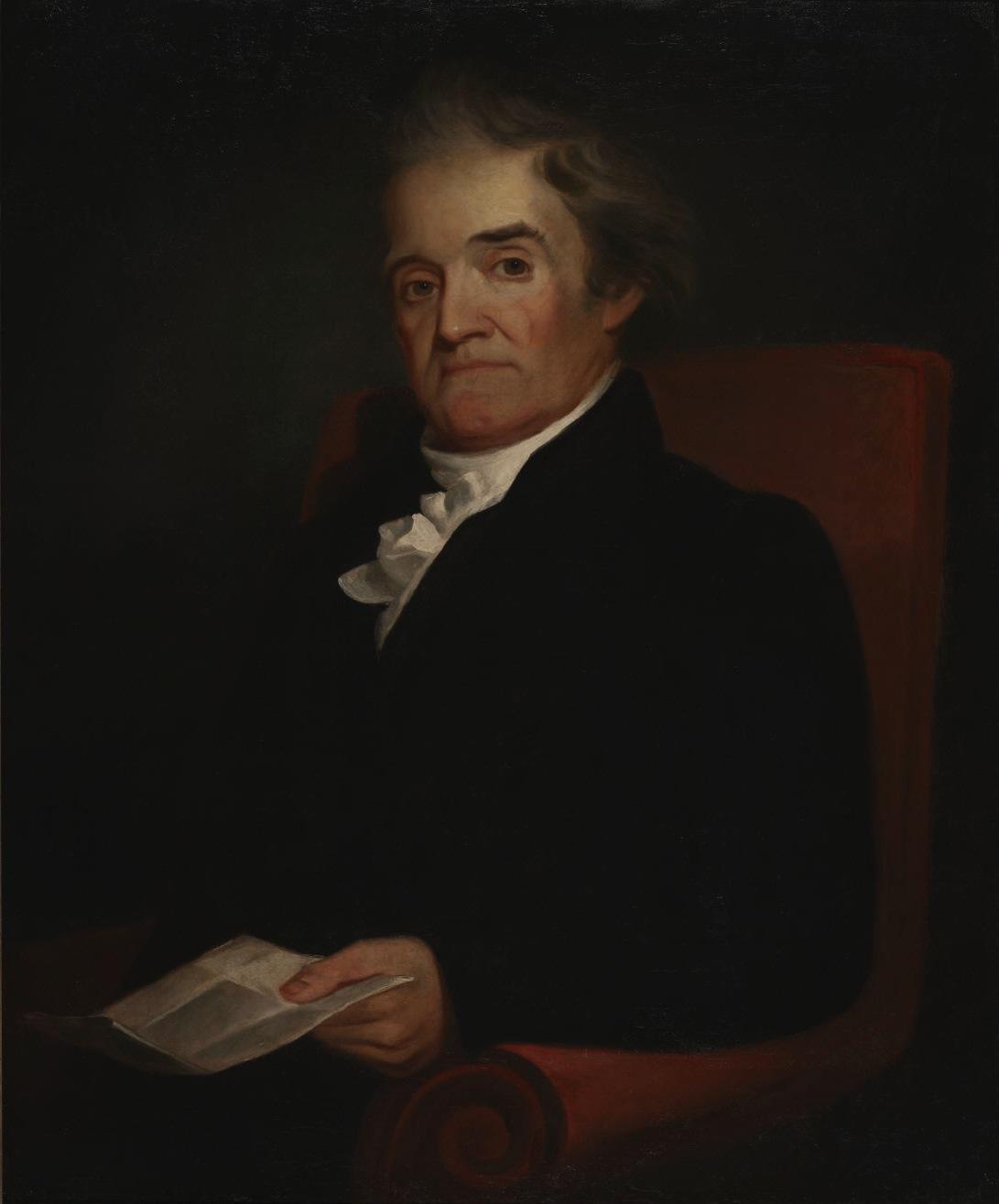Noah Webster (Noah Webster)

Noah Webster was born in the Western Division of Hartford (which became West Hartford, Connecticut) to an established family. His father Noah Sr. (1722–1813) was a descendant of Connecticut Governor John Webster; his mother Mercy (Steele) Webster (1727–1794) was a descendant of Governor William Bradford of Plymouth Colony. His father was primarily a farmer, though he was also deacon of the local Congregational church, captain of the town’s militia, and a founder of a local book society (a precursor to the public library). After American independence, he was appointed a justice of the peace. Webster’s father never attended college, but he was intellectually curious and prized education. Webster’s mother spent long hours teaching her children spelling, mathematics, and music. At age six, Webster began attending a dilapidated one-room primary school built by West Hartford’s Ecclesiastical Society. Years later, he described the teachers as the “dregs of humanity” and complained that the instruction was mainly in religion. Webster’s experiences there motivated him to improve the educational experience of future generations. At age fourteen, his church pastor began tutoring him in Latin and Greek to prepare him for entering Yale College. Noah Webster enrolled at Yale just before his 16th birthday, studying during his senior year with Ezra Stiles, Yale’s president. His four years at Yale overlapped the American Revolutionary War and, because of food shortages and threatened British invasions, many of his classes had to be held in other towns. Webster served in the Connecticut Militia. His father had mortgaged the farm to send Webster to Yale, but he was now on his own and had nothing more to do with his family.
Noah Webster lacked career plans after graduating from Yale in 1778, later writing that a liberal arts education “disqualifies a man for business”. He taught school briefly in Glastonbury, but the working conditions were harsh and the pay low. He quit to study law. While studying law under future U.S. Supreme Court Chief Justice Oliver Ellsworth, Webster also taught full-time in Hartford—which was grueling, and ultimately impossible to continue. He quit his legal studies for a year and lapsed into a depression; he then found another practicing attorney to tutor him, and completed his studies and passed the bar examination in 1781. As the Revolutionary War was still going on, he could not find work as a lawyer. He received a master’s degree from Yale by giving an oral dissertation to the Yale graduating class. Later that year, he opened a small private school in western Connecticut that was a success. Nevertheless, he soon closed it and left town, probably because of a failed romance. Turning to literary work as a way to overcome his losses and channel his ambitions, he began writing a series of well-received articles for a prominent New England newspaper justifying and praising the American Revolution and arguing that the separation from Britain was permanent. He then founded a private school catering to wealthy parents in Goshen, New York and, by 1785, he had written his speller, a grammar book and a reader for elementary schools. Proceeds from continuing sales of the popular blue-backed speller enabled Webster to spend many years working on his famous dictionary.
Noah Webster was by nature a revolutionary, seeking American independence from the cultural thralldom to Britain. To replace it, he sought to create a utopian America, cleansed of luxury and ostentation and the champion of freedom. By 1781, Webster had an expansive view of the new nation. American nationalism was superior to Europe because American values were superior, he claimed. Webster dedicated his Speller and Dictionary to providing an intellectual foundation for American nationalism. From 1787 to 1789, Webster was an outspoken supporter of the new Constitution. In October 1787, he wrote a pamphlet entitled “An Examination into the Leading Principles of the Federal Constitution Proposed by the Late Convention Held at Philadelphia,” published under the pen name “A Citizen of America.”The pamphlet was influential, particularly outside New York State. In terms of political theory, he de-emphasized virtue (a core value of republicanism) and emphasized widespread ownership of property (a key element of Federalism). He was one of the few Americans who paid much attention to French theorist Jean-Jacques Rousseau. It was not Rousseau’s politics but his ideas on pedagogy in Emile (1762) that influenced Webster in adjusting his Speller to the stages of a child’s development.
Born
- October, 16, 1758
- USA
- Hartford, Connecticut
Died
- May, 28, 1843
- USA
- New Haven, Connecticut
Cemetery
- Grove Street Cemetery
- New Haven, Connecticut
- USA



